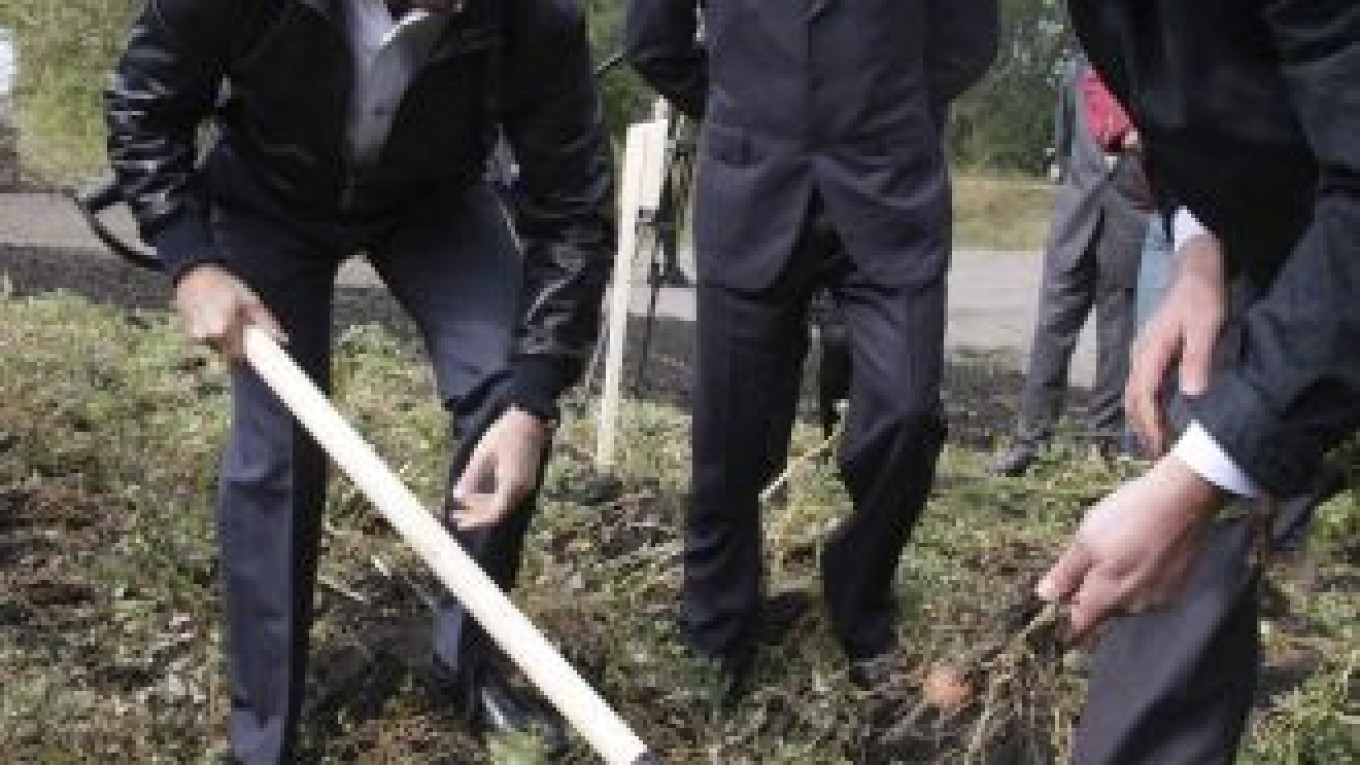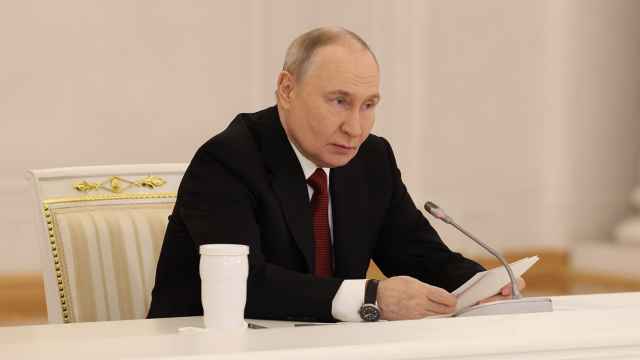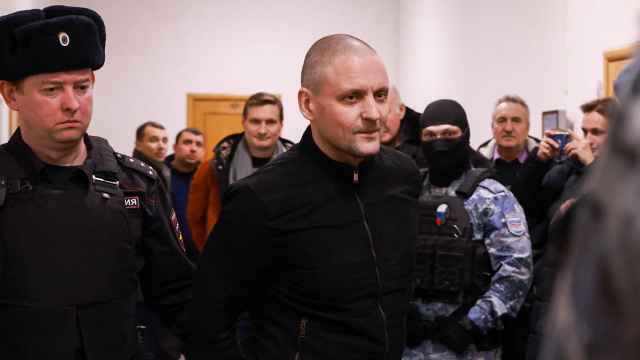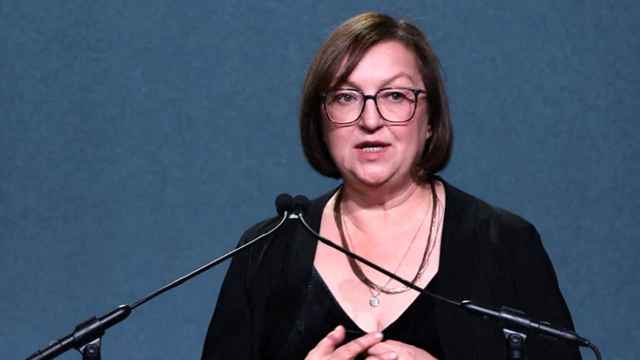VORONEZH — President Dmitry Medvedev called for an investigation into domestic fertilizer prices, claiming on Monday that local producers are acting as a cartel and sending shares in potash miners Uralkali and Silvinit lower.
"If not on paper, then in spoken form, there exists a cartel, and this all must be investigated as part of an antitrust process and punished," Medvedev said at a government meeting in Voronezh.
The Federal Anti-Monopoly Service has fined both potash miners for acting in collusion, most recently in June, arguing that as the country's only producers of the soil nutrient, they worked together to push up prices.
Uralkali and Silvinit, which sell products to Russian farmers at a discount to global prices, say the domestic makers of complex fertilizers compete with them on exports after buying potash from miners as a raw material.
Uralkali fell 2.2 percent in Moscow, while Silvinit reversed an earlier gain to drop 0.5 percent.
"The president is likely referring to the old conflict between the potash miners and the makers of complex fertilizers, for whom potash is one of the ingredients," said Anna Kupriyanova, an analyst with UralSib. "The latter want to buy potash at a discount to foreign markets, to which the former don't agree."
Higher potash prices hurt Acron, UralChem and EuroChem, the country's biggest makers of complex fertilizers, Kupriyanova said.
Acron reversed an earlier drop to gain 0.6 percent. UralChem and EuroChem are privately held.
A Message from The Moscow Times:
Dear readers,
We are facing unprecedented challenges. Russia's Prosecutor General's Office has designated The Moscow Times as an "undesirable" organization, criminalizing our work and putting our staff at risk of prosecution. This follows our earlier unjust labeling as a "foreign agent."
These actions are direct attempts to silence independent journalism in Russia. The authorities claim our work "discredits the decisions of the Russian leadership." We see things differently: we strive to provide accurate, unbiased reporting on Russia.
We, the journalists of The Moscow Times, refuse to be silenced. But to continue our work, we need your help.
Your support, no matter how small, makes a world of difference. If you can, please support us monthly starting from just $2. It's quick to set up, and every contribution makes a significant impact.
By supporting The Moscow Times, you're defending open, independent journalism in the face of repression. Thank you for standing with us.
Remind me later.






